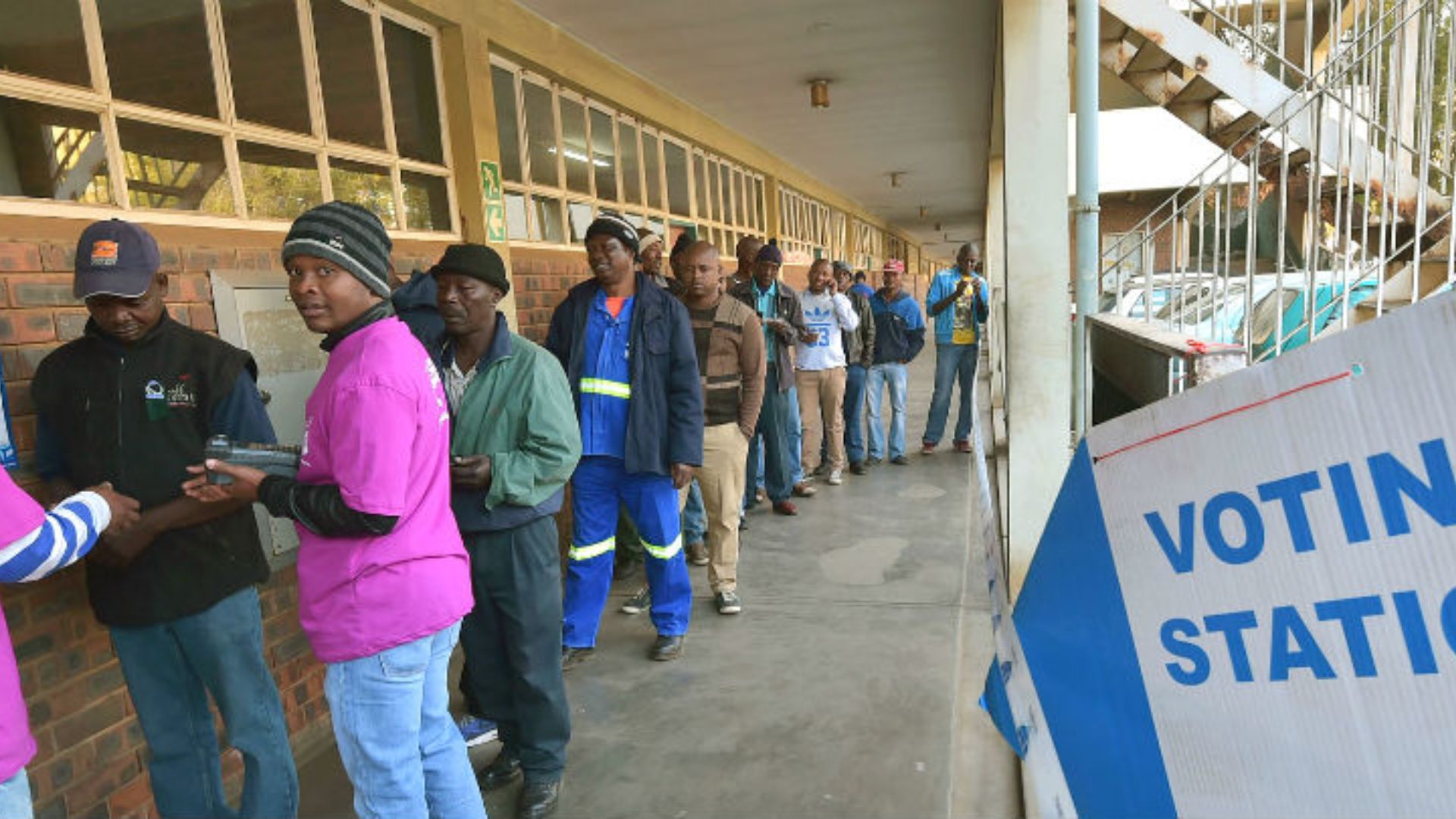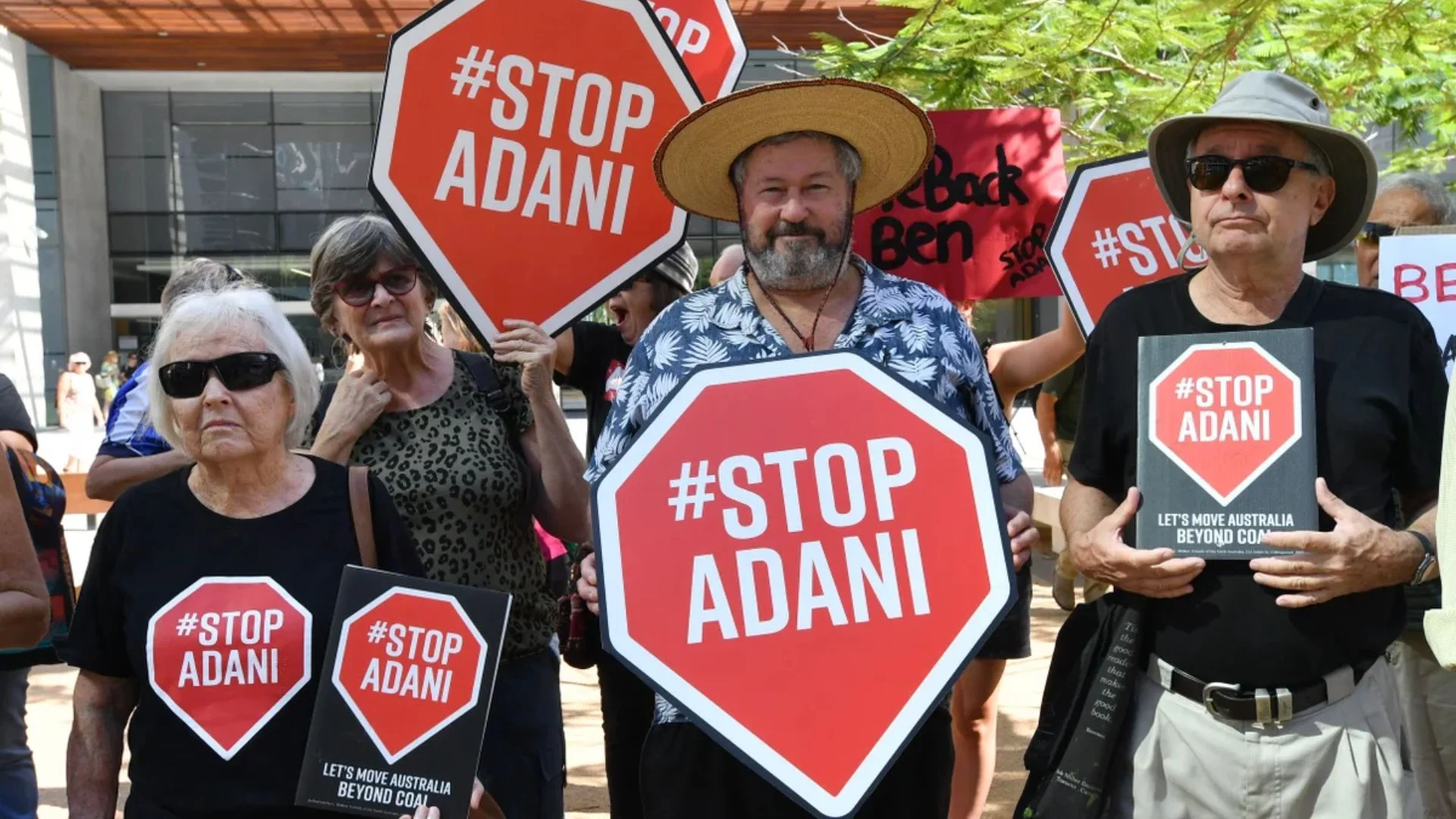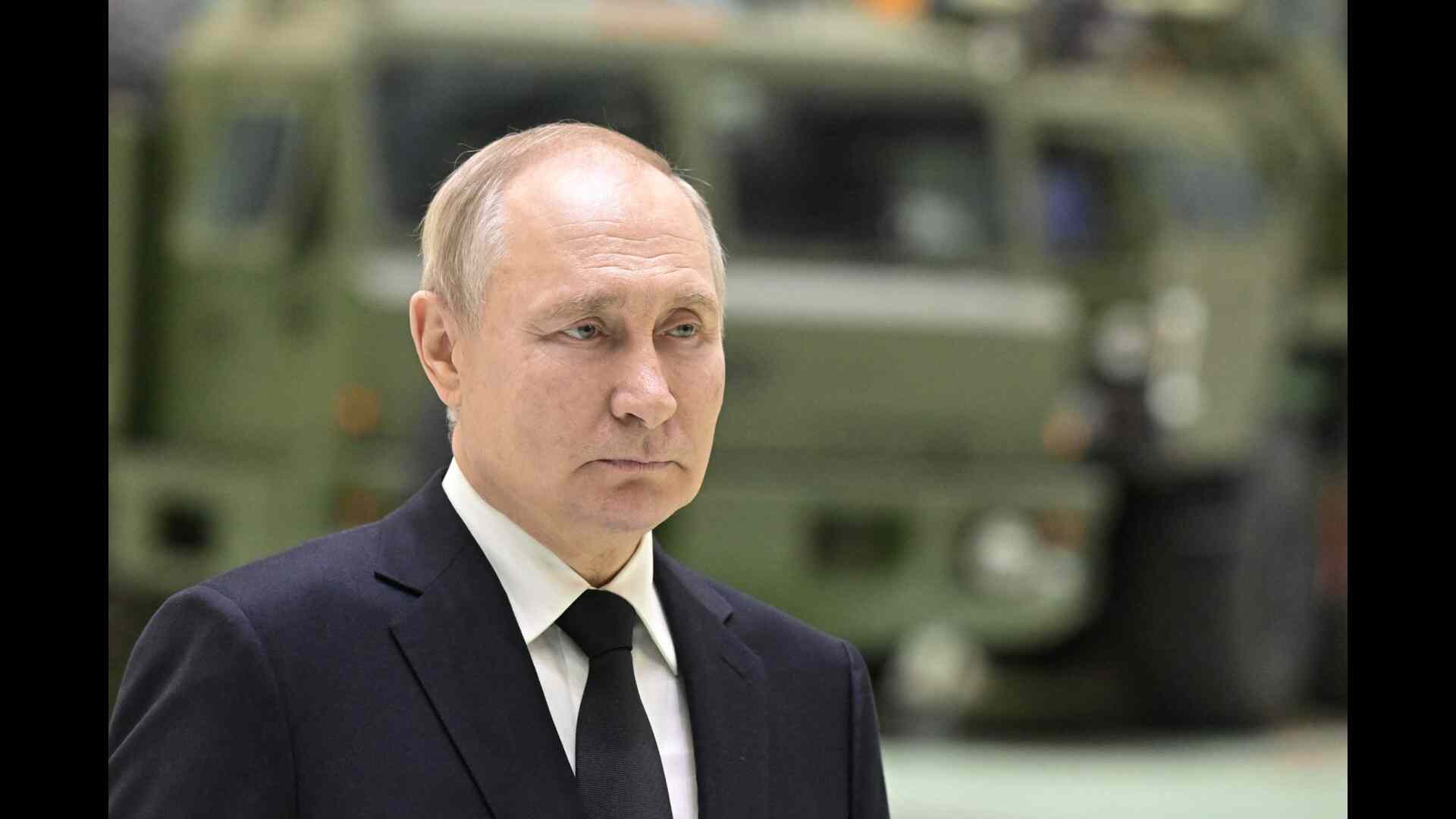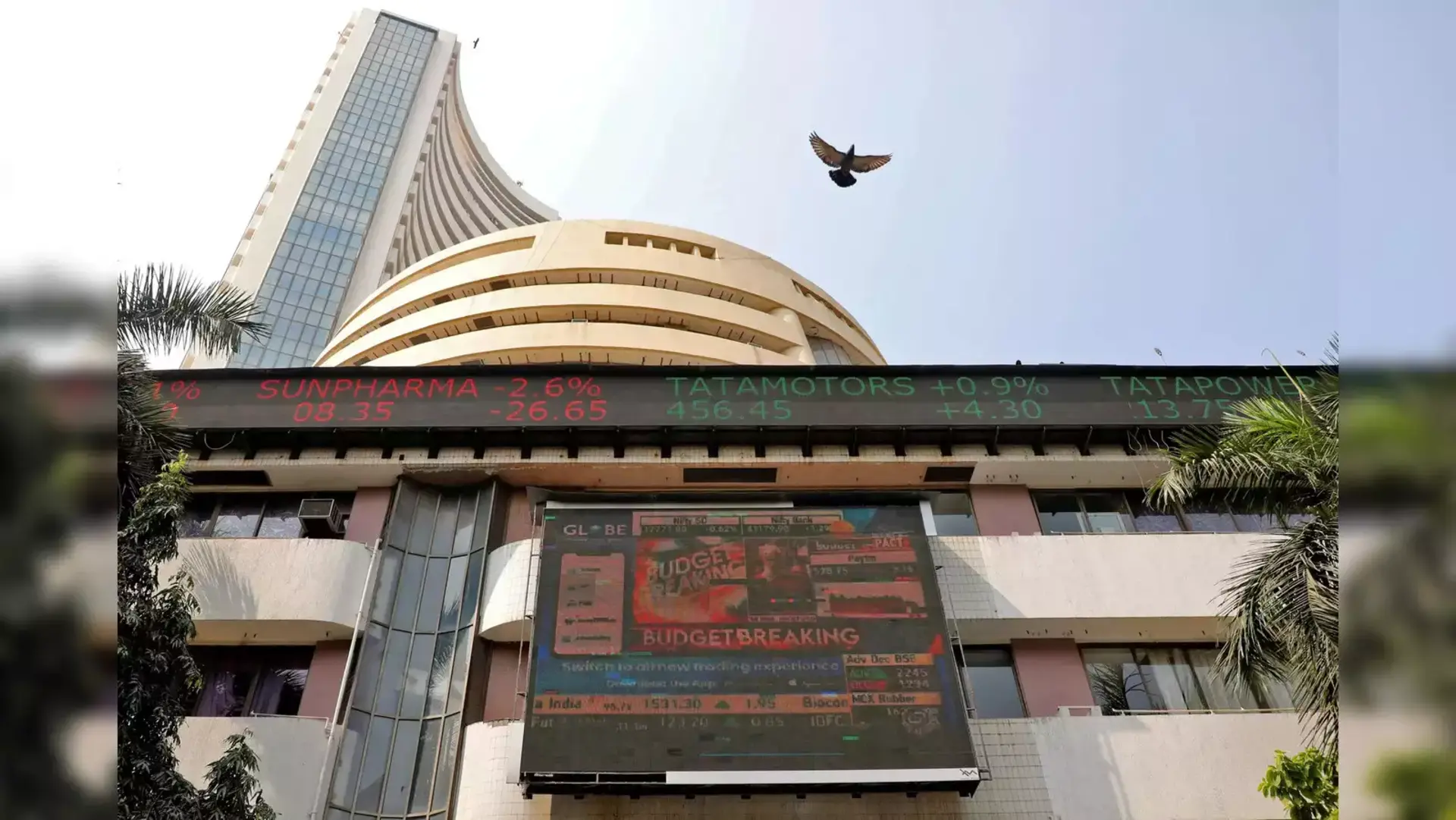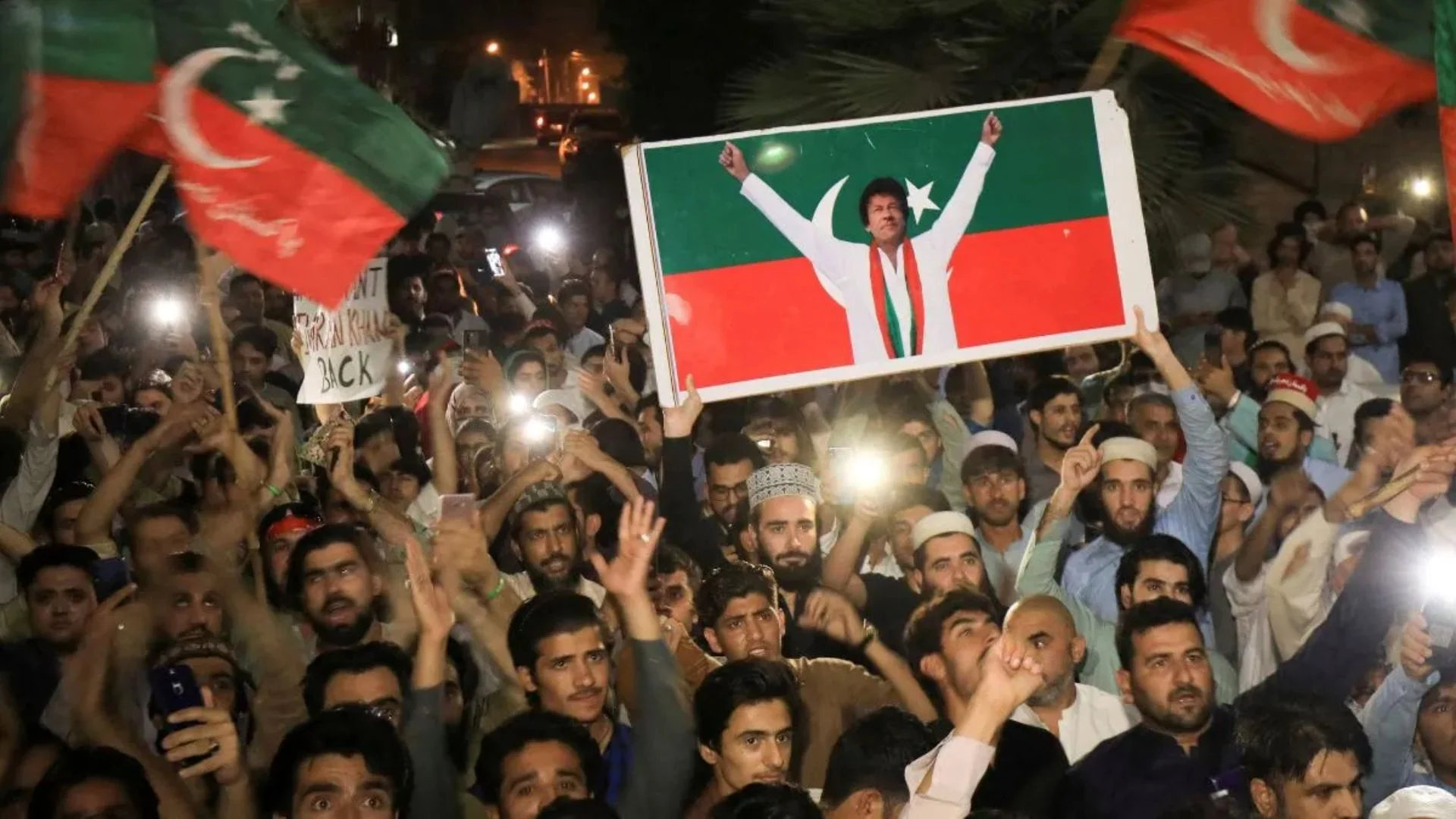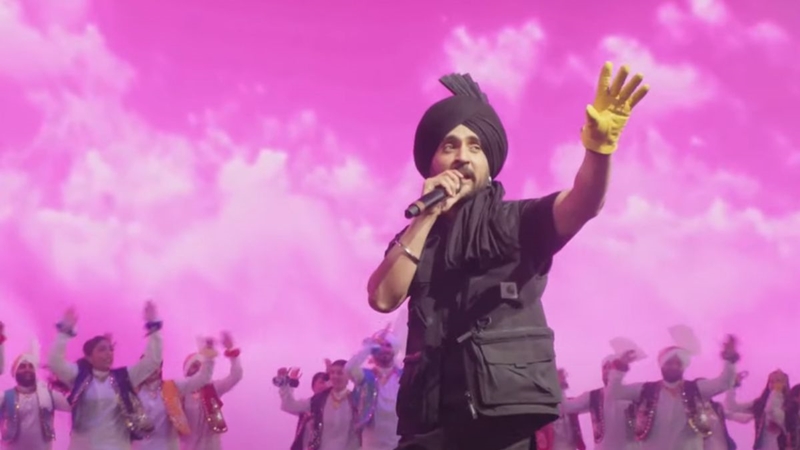With the legacy of apartheid still lingering in the national consciousness, the African National Congress (ANC), the party that led South Africa out of the dark era of minority rule, finds itself defending its three-decade-long dominance. However, amidst growing discontent and calls for change, this election could signal a seismic shift in the country’s political landscape.
In a historic first, independent candidates have been granted the opportunity to contest seats in provincial legislatures and the National Assembly, reflecting a desire for greater diversity and representation within the political sphere. A staggering 14,889 candidates have been approved by the Independent Electoral Commission (IEC) to vie for 887 seats, marking a significant expansion of political participation.
The ANC, which has secured victory in every election since the fall of apartheid in 1994, faces its toughest challenge yet. Despite enjoying overwhelming support in previous years, recent elections have seen a gradual decline in its popularity, with the party’s margin of victory shrinking to its lowest point in 2019. President Cyril Ramaphosa, at the helm of the ANC, has acknowledged the need for reform but faces an uphill battle in winning back disillusioned voters.
As South Africans prepare to cast their votes, the specter of socioeconomic inequality looms large. Despite being Africa’s most advanced economy, the country grapples with soaring unemployment rates and widespread poverty, particularly among the Black majority. This glaring disparity has fueled dissatisfaction with the ruling party, as many question its ability to deliver on its promises of a “better life for all.”
While the ANC remains the frontrunner in this election, its grip on power is undeniably loosening. Surveys indicate that support for the party has dipped below 50%, signaling a potential watershed moment in South African politics. Should the ANC fail to secure a parliamentary majority, the prospect of coalition governance looms on the horizon, a scenario unprecedented in the party’s history.
Amidst this uncertainty, the opposition is poised to capitalize on the ANC’s vulnerabilities. With a plethora of new parties vying for attention and support, including factions led by former ANC stalwarts, the political landscape is more fragmented than ever before. However, analysts predict that neither the Democratic Alliance nor the Economic Freedom Fighters, the two largest opposition parties, will be able to unseat the ANC.
As South Africa embarks on this historic electoral journey, the eyes of the world are upon it. The outcome of this election will not only shape the country’s future but also send ripples across the African continent and beyond. In a nation forged from the crucible of struggle and resilience, the power to chart its course ultimately rests in the hands of its people.
